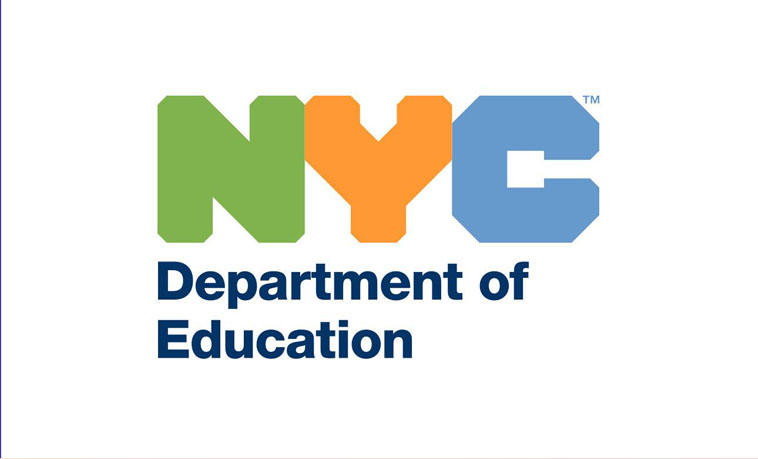“The good side is that these children, when they get into the real school world, don't get sick as much. They already have protection.”
– Dr. Ruth Brown, a pediatrician
It seems counterintuitive: kids in daycare will get sick from the germs on the hands and noses and sneezes of other children. And that's good! Research from Northwestern University shows that germs early in life lead to better health later in life.
"Let's look in that ear and make sure it's all healthy," says Dr. Ruth Brown as she examines 1-year-old Ala.
Ala is just recovering from a pretty bad ear infection. But this isn't the first time she's been sick.
"She has had colds; she did have some RSV [and] bronchiolitis," says her mother, Kristin Shaw.
Shaw believes Ala's visits to day care are partly to blame.
"[There are] lot's of runny noses, but you know, they're kids, and it's really hard to protect them from wanting to share toys and touch one another," Shaw says.
But a new study from Northwestern University finds that children with exposure to these germs early in life can actually prevent sickness later in life.
"These children when they get into the real school world don't get sick as much. They already have protection," says Dr. Brown, a pediatrician.
In other words, all those germs help build up an immunity.
In fact, the study found that immunity may also prevent heart trouble later in life by limiting the production of C-reactive proteins, which research has shown are predictors of heart disease.
It seems strange, but getting sick is how a child's body learns to protect itself.
Shaw is glad Ala has gotten a jumpstart on getting sick. "You never want to see your kid sick, but you know that it's helping them when they start to grow older," she says.
Several studies support the theory that children who attend day care at an early age could have certain health benefits later in life. Even though children who attend day care may appear to get sick more often than those who don't, this early exposure to illness seems to provide immunity for the future.
A study by the University of Arizona, which involved 1,246 children, found that attendance at large day care centers resulted in more common colds during the preschool years. But those same children had less frequent colds during their school years until 13 years of age. In addition, a "dose response" was noticed for years spent in day care. No such protective "dose effect" was observed in children who attended small day care.
According to Southwestern Medical Center in Dallas, children who attend day care during the first year of life also have fewer allergy problems. German researchers found that children who started day care before they turned one had "half the allergy problems" of those who started after age one. Children who started day care after they turned two had nearly three times the allergy problems. Doctors believe exposure to a wide variety of germs and illnesses during early childhood helps boost the immune system to prevent allergies.
Additional research at Johns Hopkins University School of Medicines indicates that babies who enter day care before the age of six months have only 40% the risk of asthma compared to those who are not exposed to day care.
However, doctors say that all of these findings linking day care to increased immunity don't indicate that parents can neglect immunizations. In fact, immunizations are especially important for children who risk exposure to disease. Serious illnesses, like the measles and whooping cough, can be easily prevented. And even relatively minor illnesses, like chicken pox, can be prevented with proper vaccination.
What We Need To Know
The Centers for Disease Control and Prevention says hand washing is one of the "most important means of preventing the spread of infection." It is the first line of defense against infectious diseases, including respiratory infections and gastrointestinal disorders, among others. Infectious diseases remain the leading cause of death and disease worldwide, as well as the third leading cause of death in the United States.
The Association for Professionals in Infection Control and Epidemiology suggests the following method for effective hand washing that you can teach to your child:
- Wet your hands with warm water. Do not use hot water, which can make your skin dry and itchy.
- Put soap on your hands. It is better to use a liquid soap because germs can live on wet bars of soap. Bar soap is acceptable as long as you dry it on a rack.
- Rub your hands together for 10-15 seconds. Wash longer if you can still see dirt on your hands. Make sure you wash in between your fingers, the backs of your hands, your thumbs and under your fingernails. If you do not wash in these places, you may not be removing all of the germs. (Try singing "Row, Row, Row, your Boat" to yourself while you rub to make sure that you are washing for the appropriate amount of time).
- Rinse your hands thoroughly with warm water. Make sure that you rinse between your fingers and under rings. If you do not get all of the soap off, it may cause your skin to itch.
- Pat your hands dry. Do not rub because you may damage your skin. Try to use a soft paper towel. If you are drying your hands with a blow dryer, push the button with your elbow.
- Use the towel to turn off the water. If you touch the water faucet after you wash your hands, you may get germs on your fingers again.
Resources
- Archives of Pediatrics & Adolescent Medicine
- Association for Professionals in Infection Control and Epidemiology
- Centers for Disease Control and Prevention
- Northwestern University
- University of Texas Southwestern Medical Center

